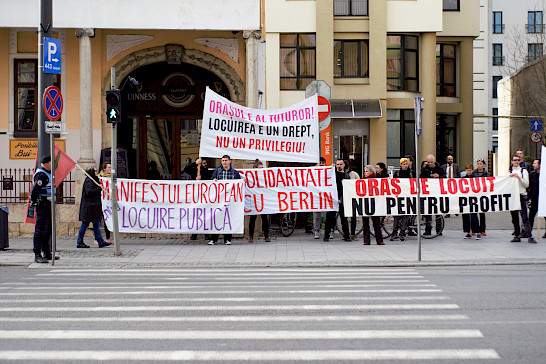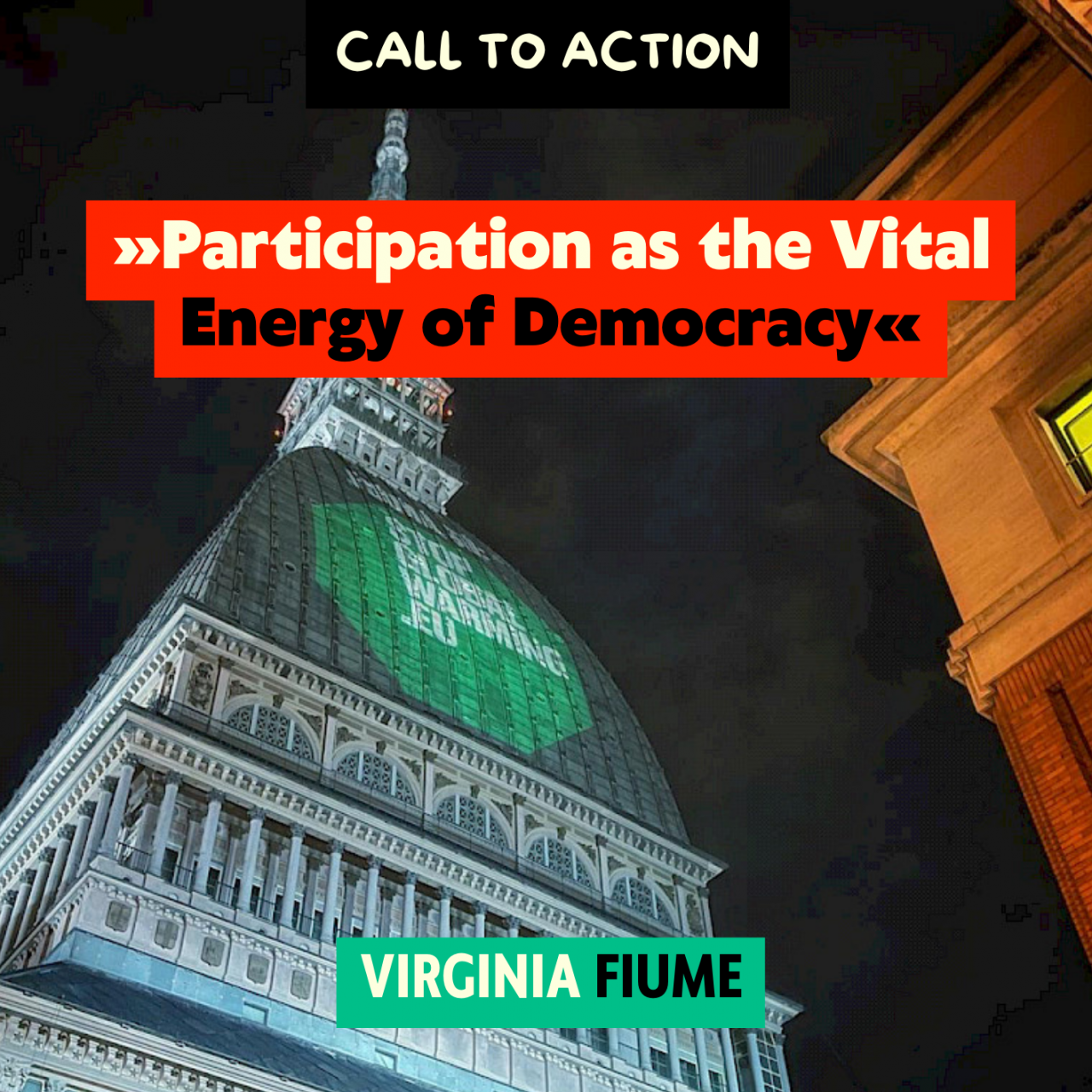
In contemporary global financialized capitalism, the importance of transnational movements is undeniable. Capital is moving freely across borders and the entrepreneurial states shape their policies to attract private investors looking for profit. By doing this, the governments underserve the needs of the labor force in what regards decent salaries for secure employment, free healthcare and educational services, and affordable adequate housing.
Old Injustices Reinforced by the Covid-19 Pandemic
Being one of the worst disasters of capitalism since the Second World War, the current multifaceted crisis shows that labor is essential to any economic activity, and without labor force the economy cannot be saved (not even in the epoch of financialized capitalism). Furthermore, the uncertainties surrounding the resolution of the healthcare crisis and economic recession must make us all recognize that the “normality” interrupted by Covid-19 was/is not normal.
For example, in Romania, after three decades of transformations from actually existing socialism to neoliberal capitalism, we cannot want to return to a “normality” in which almost half of the employees earn the minimum wage that is about half of the value of the decent minimum consumption basket. Furthermore, it is not normal that in this country circa 50% of the population lives in overcrowded homes, and so many make a living under deprived conditions, or they do not even have a roof over their head, or several people are at risk of eviction given that they cannot afford to pay the increasing housing costs from their low income.
It is not normal that the public healthcare system is unable to meet the needs of the population impoverished by economic exploitation even in peaceful times, not to mention periods of shocks generated by pandemics or recessions. And last, but not least, it is not normal that despite being an EU Member State, Romania displays a life expectancy at birth lower by 6 years than the EU average, this being only one of the characteristics reflecting the injustices created by uneven development as an endemic feature of capitalism.



